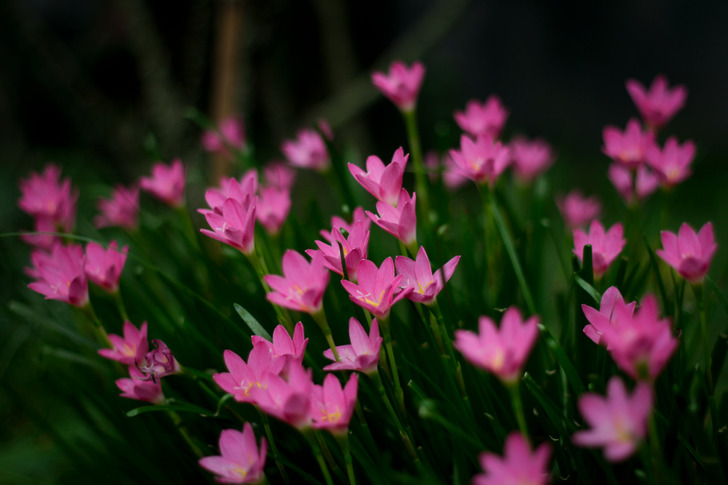Meet Jane, a spirited woman with a green thumb and a passion for her vibrant rose garden. Living in the quaint suburbia of Elmwood, she recently welcomed a new neighbor to the community. Little did she know that her love for gardening would soon blossom into a prickly predicament.
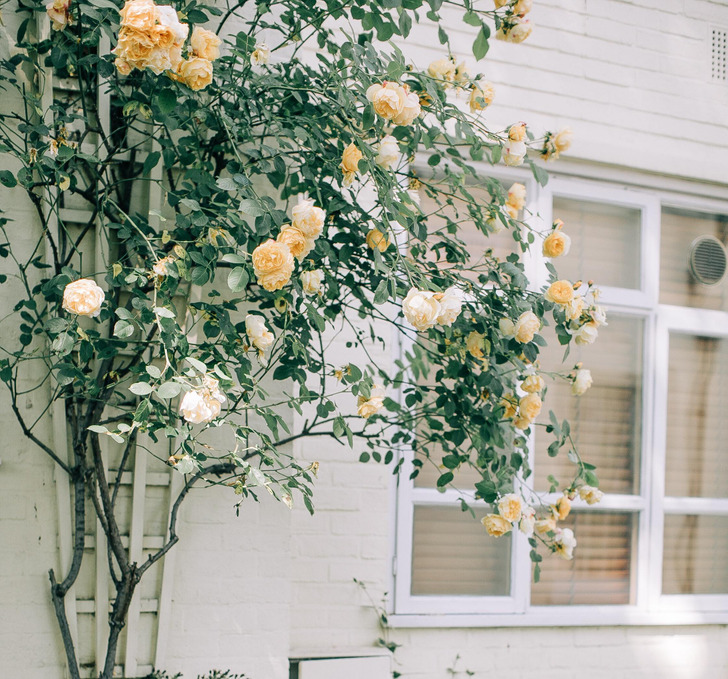
“I recently got a new neighbor, and she is allergic to my roses,” Jane shares with a wry smile. “She says that she could get hurt, but I don’t think it’s my problem.”
This seemingly simple issue has escalated into a unique clash of perspectives between Jane and her allergic neighbor. It all began innocently enough, with Jane tending to her roses as she always had, blissfully unaware of the impending discord.
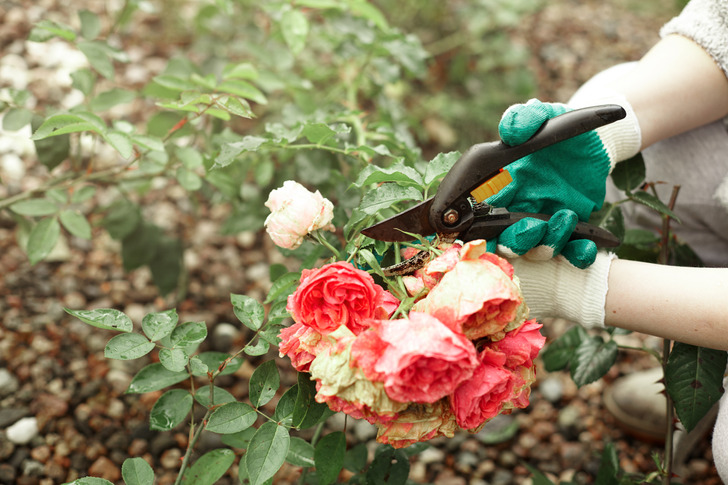
The trouble started when Jane’s neighbor, let’s call her Emily, discovered her severe allergic reaction to the pollen from Jane’s cherished roses. Rather than seeking an amicable resolution, Emily chose a more confrontational approach, threatening to involve law enforcement whenever she caught Jane snipping away at her beloved blooms.

Jane, a college graduate with a degree in horticulture, finds herself caught in a dilemma. On one hand, she takes pride in her meticulously nurtured garden, a vibrant kaleidoscope of colors that brings joy to the entire neighborhood. On the other hand, Emily insists that her health is at stake, and she is not willing to compromise.

“I never thought a garden could cause such a stir,” Jane muses. “I mean, who would have thought that roses could be so controversial?”
This clash of interests raises important questions about the balance between personal passions and the well-being of others in a tightly-knit community. Is it fair for one neighbor to dictate the gardening habits of another, especially when it comes to allergies?

In her defense, Jane argues, “I’ve been tending to these roses for years. It’s not like I can just abandon them. Besides, I’m not the only one with a garden around here. What about the neighbors with cats? Should we ban them too because of allergies?”
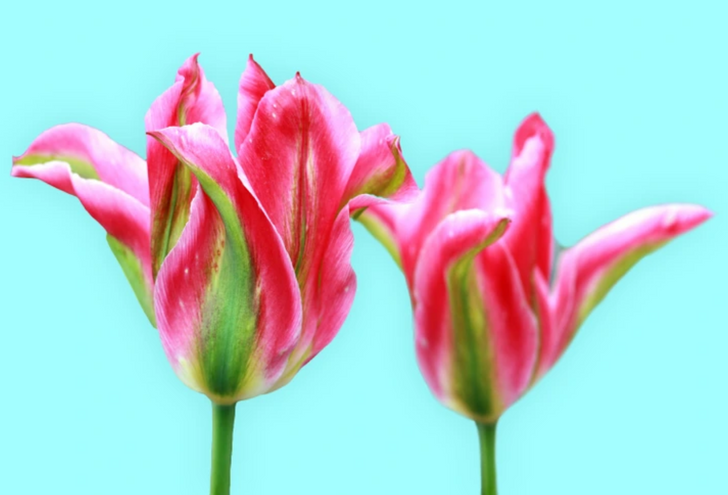
As tensions rise, the neighborhood is left buzzing with speculation about where the line should be drawn between personal freedom and communal responsibility. Some residents support Jane, emphasizing the importance of personal hobbies and expression. Others side with Emily, advocating for a safer and more considerate environment for everyone.
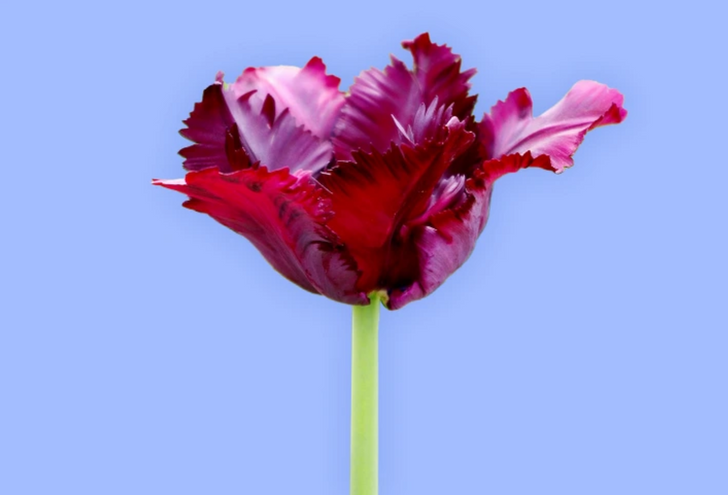
In the midst of this floral fracas, one can’t help but wonder if there’s a compromise waiting to be discovered. Perhaps Jane can explore alternative gardening techniques to minimize the release of allergens, or maybe Emily can find ways to enjoy the beauty of the roses from a distance.
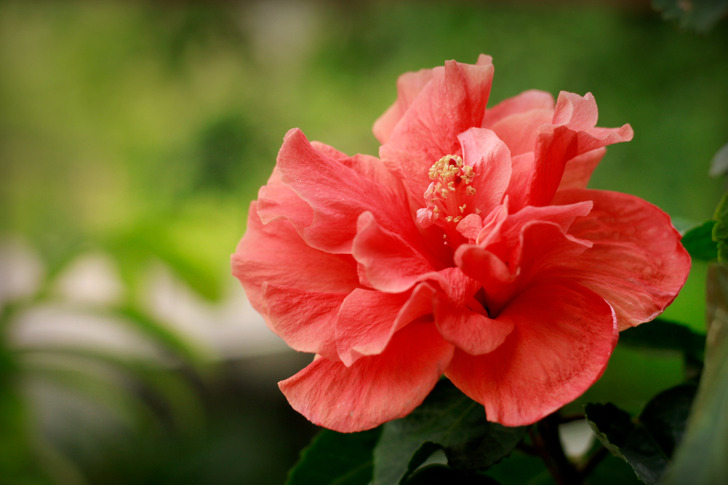
In the end, this thorny tale of allergies and roses serves as a reminder that, in a community, understanding and compromise are the petals that help flowers bloom, even in the most unexpected places. Only time will tell whether Elmwood will find a resolution to this peculiar clash between Jane’s green oasis and Emily’s health concerns.
